
Two Itchy Areas on the Body Could Be a Sign of Liver Cancer—Often Mistaken for Allergies
The liver is responsible for detoxifying the body, so caring for and protecting this "warrior" organ is essential. In addition to detoxification, the liver also performs synthesis, secretion, and metabolic functions, helping to maintain overall balance and health. However, the liver is unique in that it does not contain "pain nerves," which means that damage to the liver often doesn't cause immediate pain. As a result, when liver function is impaired, the body's ability to metabolize substances decreases, affecting many essential processes.
Maintaining a healthy diet, proper habits, and a balanced lifestyle is crucial for protecting the liver. If your body begins showing abnormal signs—especially the two types of itching below—you should seek medical attention, as they may indicate a serious liver issue.
1. Skin Itching

Most people think that skin itching is due to allergies or mosquito bites. However, if you experience persistent itching for no clear reason, it may be an early warning sign of liver problems, including liver cancer. When the liver is compromised, bile cannot properly flow into the digestive tract. Instead, excess bile accumulates in the gallbladder, and some leaks into the bloodstream. This bile salt in the blood can accumulate under the skin, stimulating nerve endings and causing itching.
Itchy skin from liver problems indicates reduced detoxification capacity. The liver normally filters harmful substances from food and drink. But if it is overloaded with toxins, it becomes damaged and fails to process waste efficiently, leading to symptoms like hives and rashes. These symptoms often worsen in summer due to heat and pollution. People with liver-related itching may experience frequent recurrences, which can affect their quality of life. If left untreated, it can lead to chronic liver failure or cirrhosis.
Why Liver Disease Causes Itchy Skin
When liver function is impaired, it can't filter out toxins effectively. These harmful substances build up in the body and manifest as clinical symptoms like itchy rashes. Contributing factors include:
-
Frequent consumption of processed foods and preservatives
-
Low-fiber diets lacking vitamins and minerals
-
Stressful work environments
-
Poor sleep and overexertion
-
Excessive alcohol consumption (a leading cause of cirrhosis)
When to See a Doctor for Itchy Skin
If you suspect that itching may be related to cancer or liver disease, seek medical attention. Warning signs include:
-
Itching lasting more than 2 days
-
Dark-colored urine (like tea)
-
Yellowing of the skin
-
Scratching that causes ulcers or bleeding
-
Worsening rash after applying ointments or creams
-
Red or blistered, crusted skin
-
Pus or foul-smelling discharge from the skin
-
Insomnia due to itching
-
Signs of allergic reaction like difficulty breathing or swelling of the face or throat
Cancers That May Cause Itchy Skin
A 2018 Johns Hopkins study of 16,000 patients found that those with generalized itching were more likely to have cancer than those without. Common cancer types linked to itching include:
-
Skin cancer: Itching may draw attention to new or changing spots.
-
Pancreatic cancer: Tumors may block bile ducts, causing jaundice and itchy skin.
-
Lymphoma: Itching is common with T-cell and Hodgkin lymphomas. It may result from immune chemicals released in response to cancer.
-
Polycythemia vera: A type of blood cancer that often causes intense itching after hot showers.
-
Cholangiocarcinoma (bile duct cancer)
-
Gallbladder cancer
-
Liver cancer
2. Itchy Eyes
The eyes are especially vulnerable to fatigue, especially when overused without rest. Chronic itchiness in the eyes without clear cause could be a sign of liver cancer. When the liver is damaged, its ability to store and circulate blood diminishes. This deprives organs—including the eyes—of necessary nutrients, leading to dryness and itching.
If both types of itching (skin and eyes) occur together, you should visit a medical center immediately to check your liver health. Early detection significantly improves treatment outcomes.
Common Signs of Liver Disease
-
Fatigue and Appetite Loss
Fatigue is the most common symptom of liver disease. It may be due to unstable communication between the brain and a damaged liver. The result is exhaustion, limb weakness, and loss of appetite. -
Itching, Hives, Rashes
More common in diseases like primary biliary cirrhosis or sclerosing cholangitis. It may result from bile acids, serotonin, histamines, or specific enzymes like LPA and autotaxin. -
Dark Urine
A sign of excess bilirubin buildup from impaired liver function. -
Foul Breath
Caused by the liver’s reduced ability to filter sulfur-containing compounds, resulting in a bad breath unrelated to oral hygiene. -
Pain in the Right Upper Abdomen
Often linked to cirrhosis or liver cancer. It may be dull or sharp and usually recurs with increasing intensity. -
Pale or Clay-Colored Stools
Indicates bile flow obstruction, which can result from inflammation or tumors. -
Persistent Nausea or Vomiting
May signal liver damage disrupting digestion. Nausea, especially with food smells, warrants urgent medical attention. -
Jaundice (Yellow Skin and Eyes)
Caused by bilirubin accumulation due to liver’s failure to process it. Related to hepatitis, alcohol-related liver disease, or biliary obstruction. -
Spider Angiomas
Red, spider-like blood vessels near the skin surface, especially on the upper body. Often seen in chronic liver disease and cirrhosis. -
Easy Bruising
Caused by decreased production of clotting proteins due to liver damage. Common in cirrhosis. -
Abdominal Bloating
Often linked to cirrhosis. Fluid accumulation due to protein imbalance may also affect limbs. -
Swollen Legs
Common in fatty liver disease. Often results from alcohol abuse and poor lifestyle habits. -
Mood and Personality Changes
Toxic buildup affects brain function, causing confusion, poor concentration, and memory loss. Over time, it may lead to sleep disruption and unresponsiveness.
News in the same category


The 4 Golden Hours to Drink Coffee for Maximum Health Benefits: Detox Your Liver and Boost Digestion

8 Foods That Are Natural Enemies of Tumors – Make Them Part of Your Regular Diet
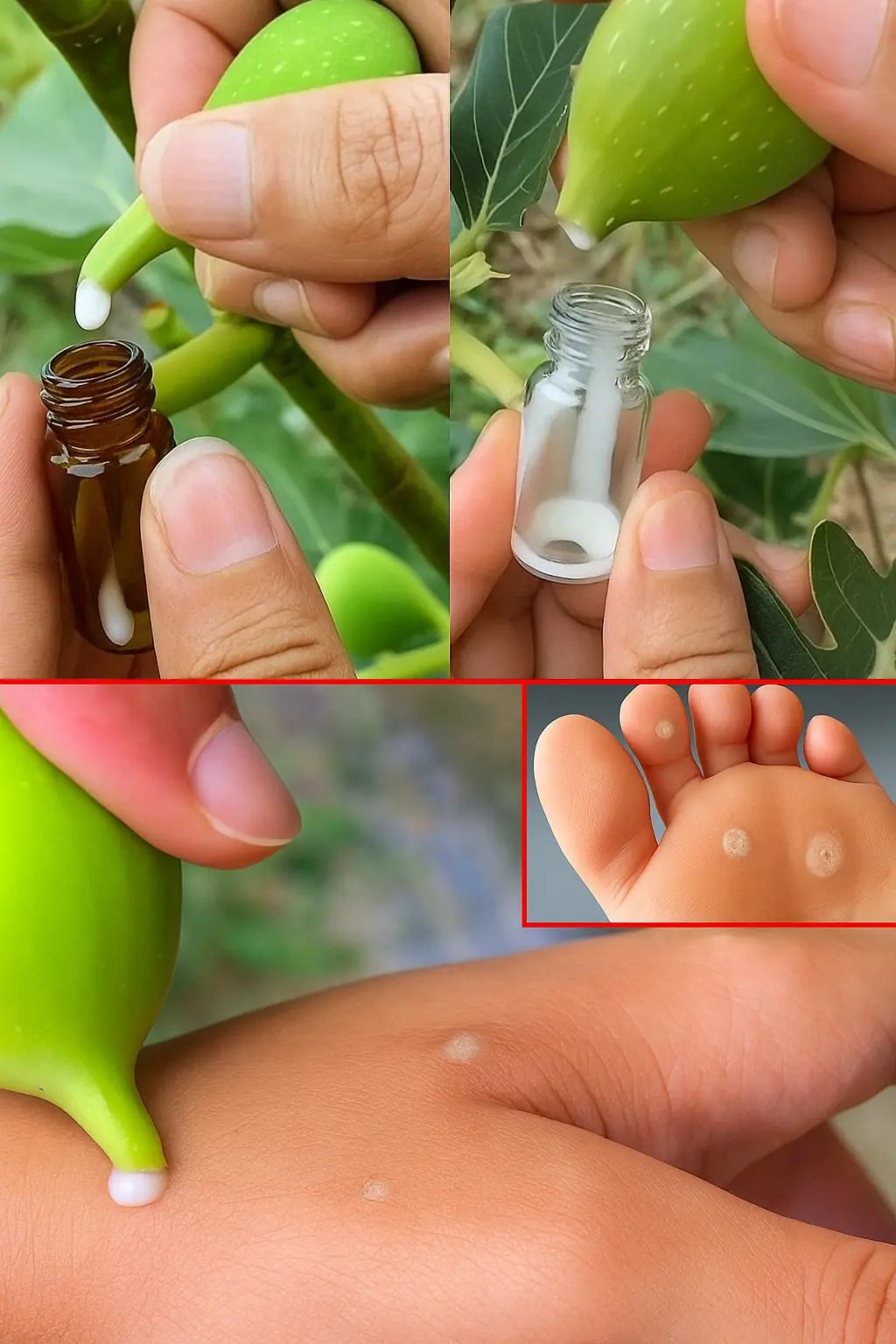
Fig Sap: Nature’s Quiet Remedy for Skin, Digestion & Everyday Wellness

A 14-Year-Old Girl Diagnosed with Bowel Cancer Due to Her Mother's Busy Schedule: A Wake-Up Call About 5 Foods Children Should Never Eat for Breakfast
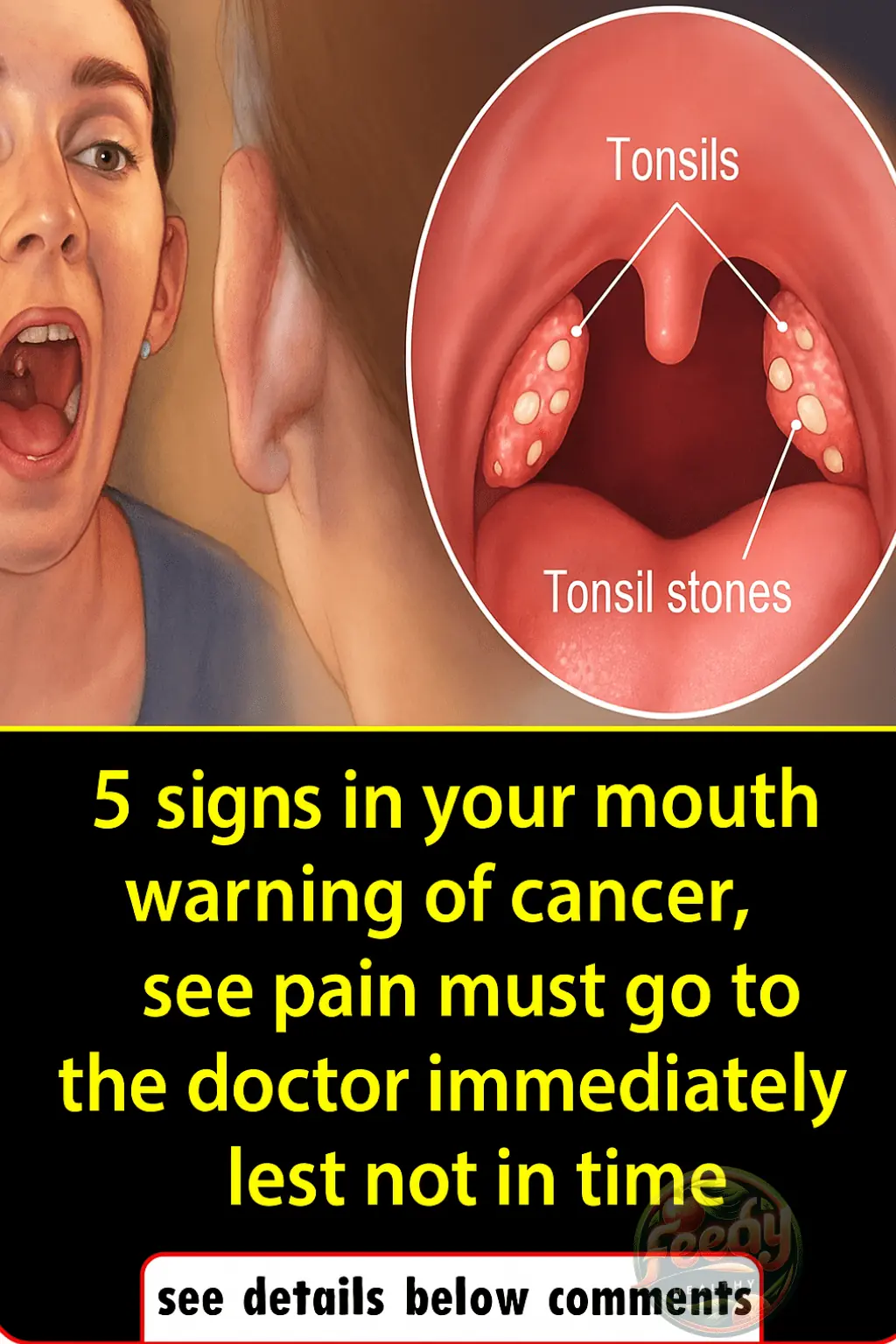
5 Mouth Symptoms That Could Signal Cancer – Don’t Ignore the Pain

Stage 4 cancer patient warns overlooked minor signs can mask a fatal disease

6 Types of Pain That May Signal Early-Stage Cancer: Don’t Ignore These Symptoms Before It Spreads
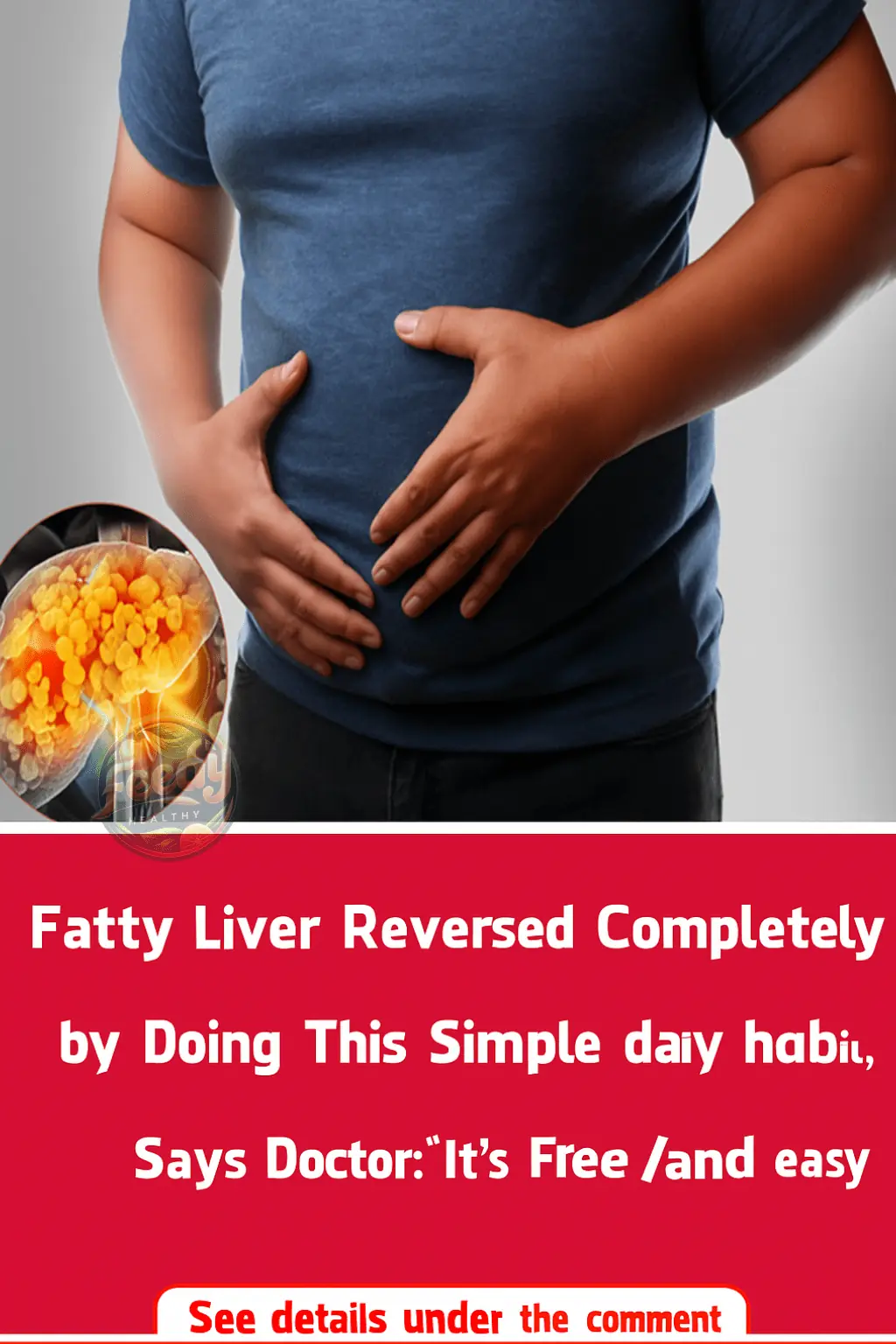
Fatty Liver Reversed Completely by Doing This Simple Daily Habit, Says Doctor: “It’s Free and Easy”
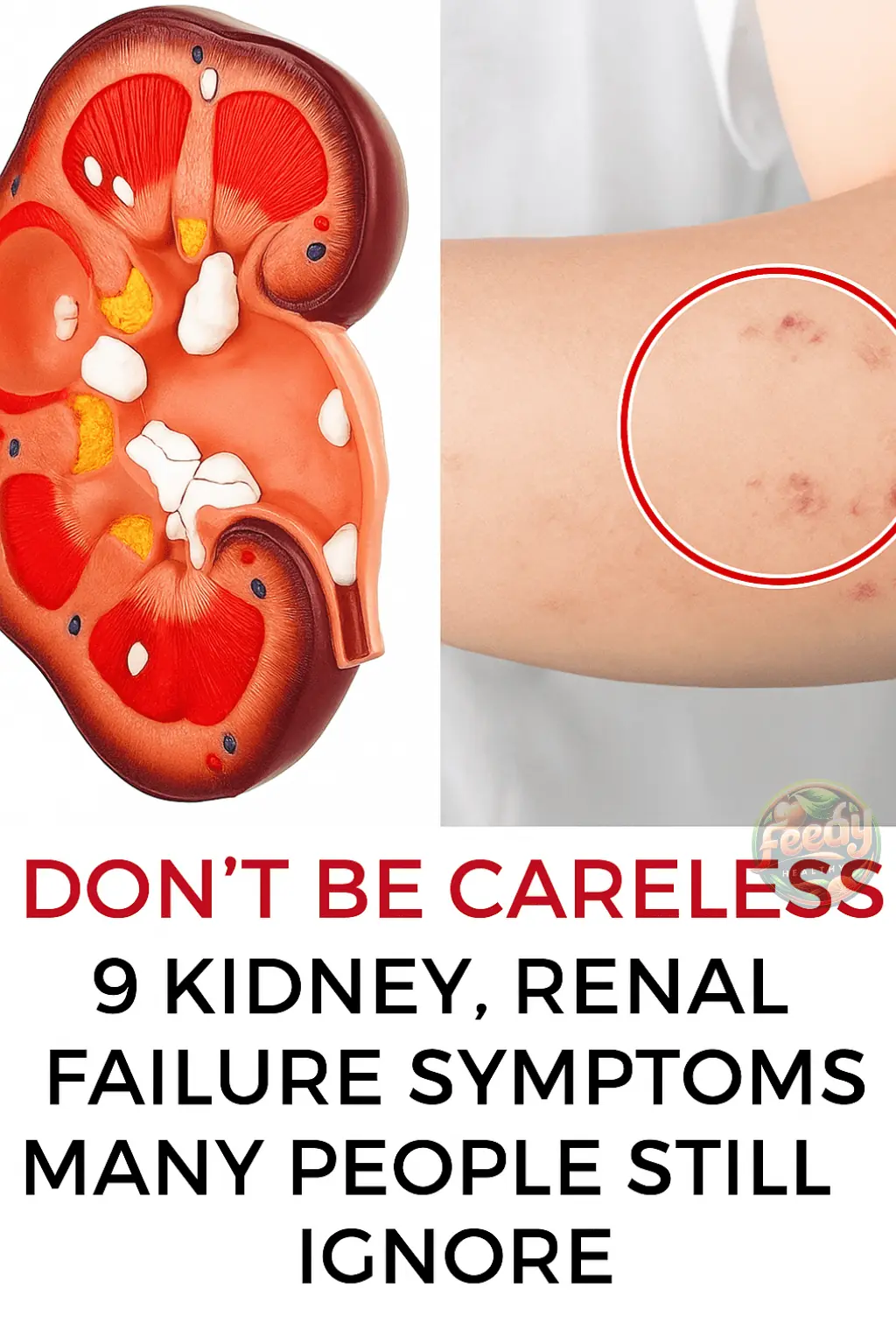
9 Symptoms of Kidney Disease and Kidney Failure Everyone Should Know

Doctor Warns: Common "Money-Saving" Habits May Lead to Cancer – A Family of Three Diagnosed
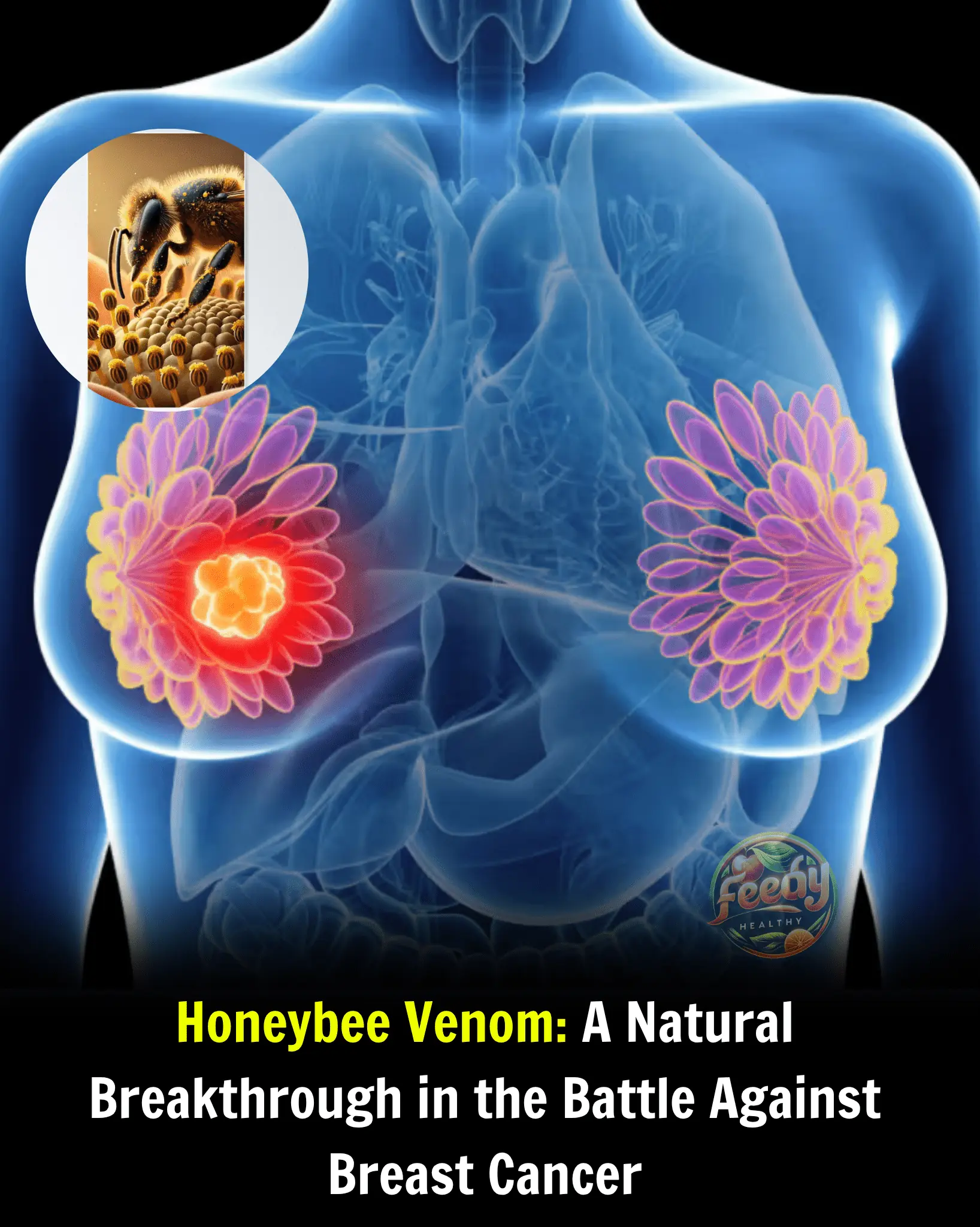
Honeybee Venom: A Natural Breakthrough in the Battle Against Breast Cancer

5 Concerning Symptoms During Sleep That May Signal an Impending Stroke
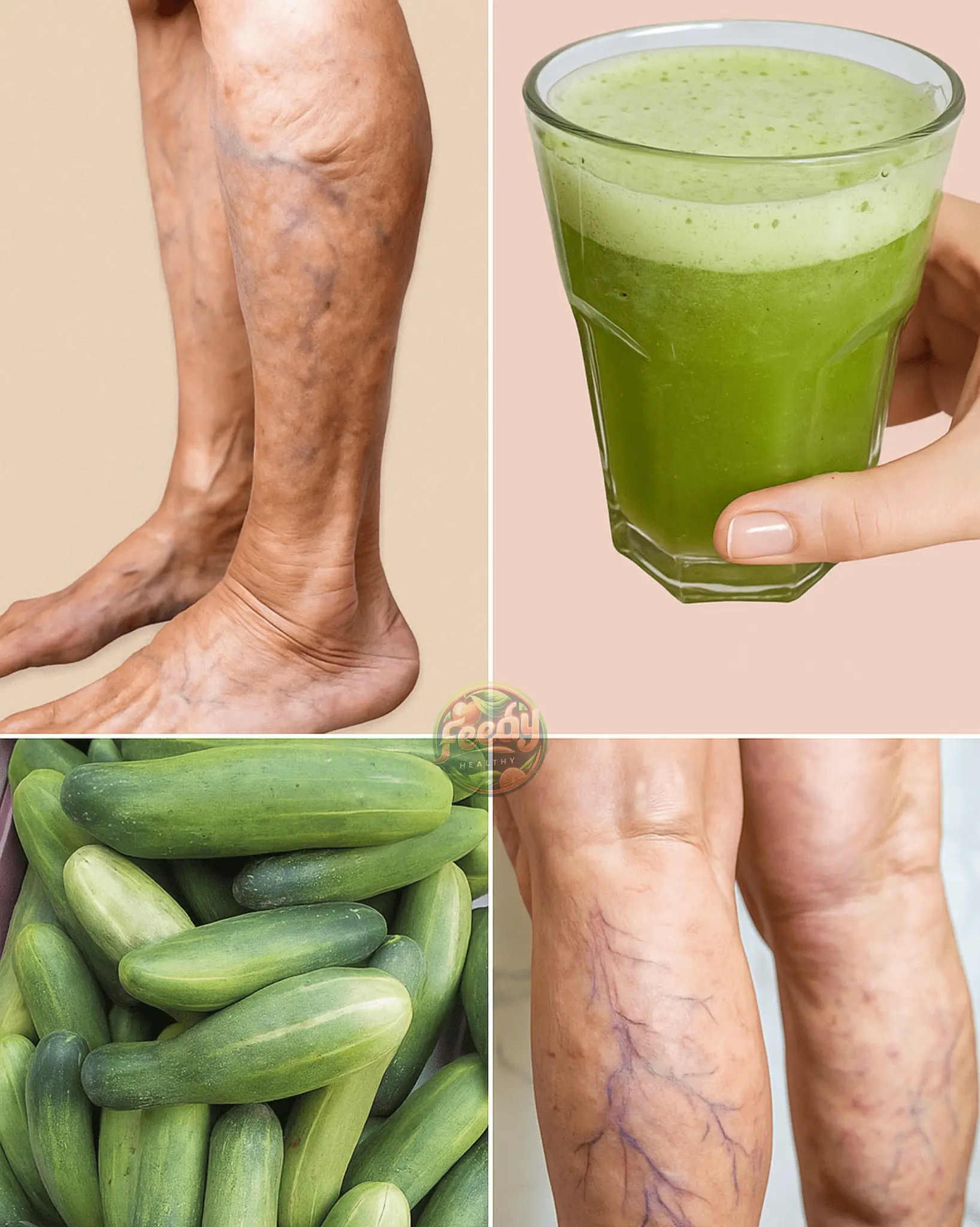
Do You Eat Cucumber? Few Know It Helps With THIS – Incredible Benefits of Eating Cucumber for Varicose Veins

DIY Flaxseed Gel Ice cubes for Clear Skin & Large Pores
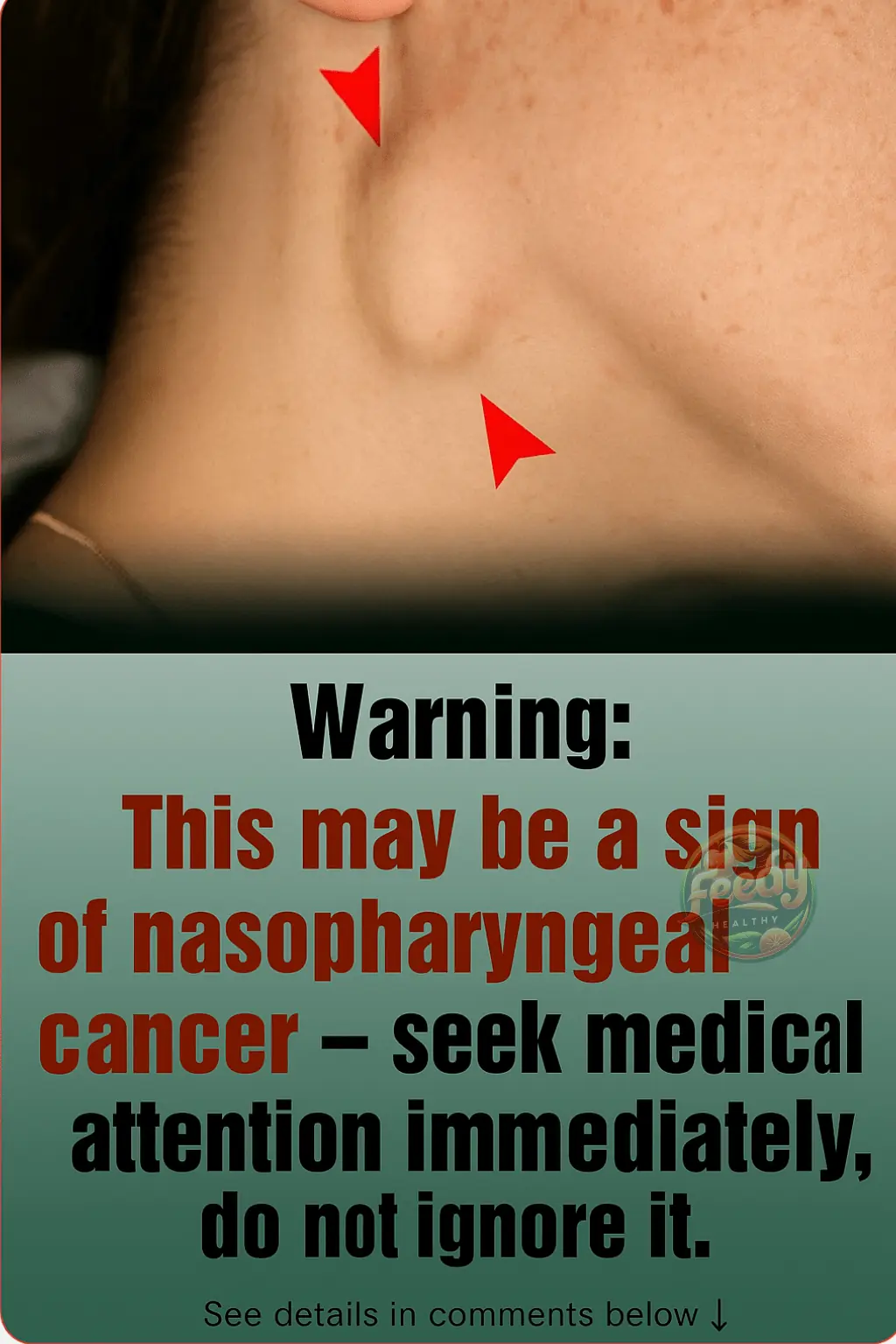
Early Warning Signs That May Indicate Advanced Nasopharyngeal Cancer

Graviola Leaf: A Traditional Remedy with Promising Potential in Cancer Research

How Banana Blossom Can Boost Your Health: Nutritional Benefits and Delicious Recipes
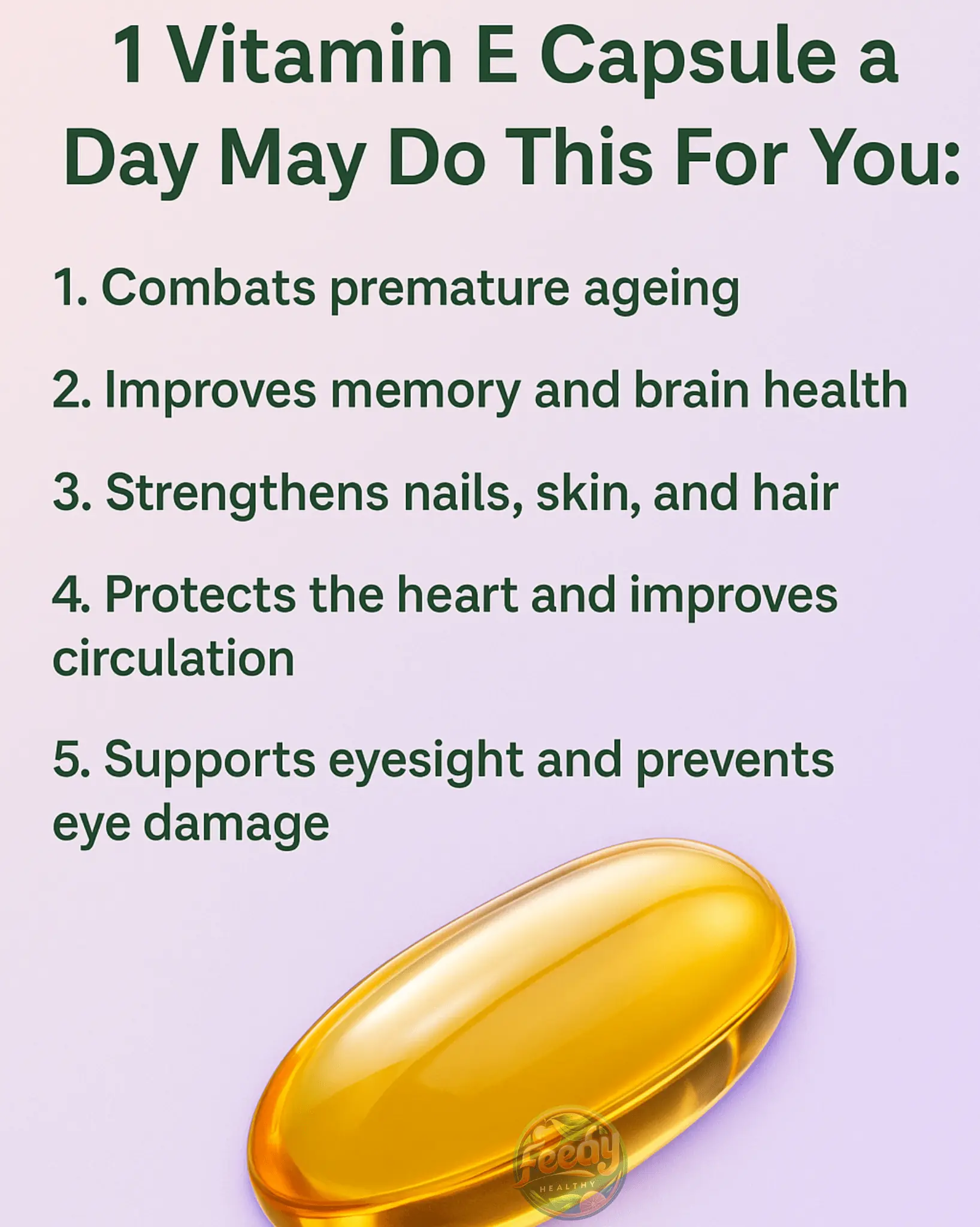
1 Vitamin E Capsule a Day Can Do This For You
News Post

This Is the Chinese Drink That Cures Cancer, Diabetes, High Blood Pressure, and Poor Circulation Without the Need for So Many Pills

NIAGARA FALLS TURNS RED BLOOD FOR 10 MINUTES VISITORS STUNS

Natural Remedy to Cleanse the Kidneys, Prostate, and Detox Your Body

Say Goodbye to Anemia, Blurry Vision, and Fatty Liver with This Natural Drink

The 4 Golden Hours to Drink Coffee for Maximum Health Benefits: Detox Your Liver and Boost Digestion

8 Foods That Are Natural Enemies of Tumors – Make Them Part of Your Regular Diet

My sister abandoned her adopted daughter after having a bio son

The baby deer curled up next to a wooden deer model, seeking safety after its mother was taken away by hunters.

Fig Sap: Nature’s Quiet Remedy for Skin, Digestion & Everyday Wellness

Never keep these 4 relics after losing a loved one
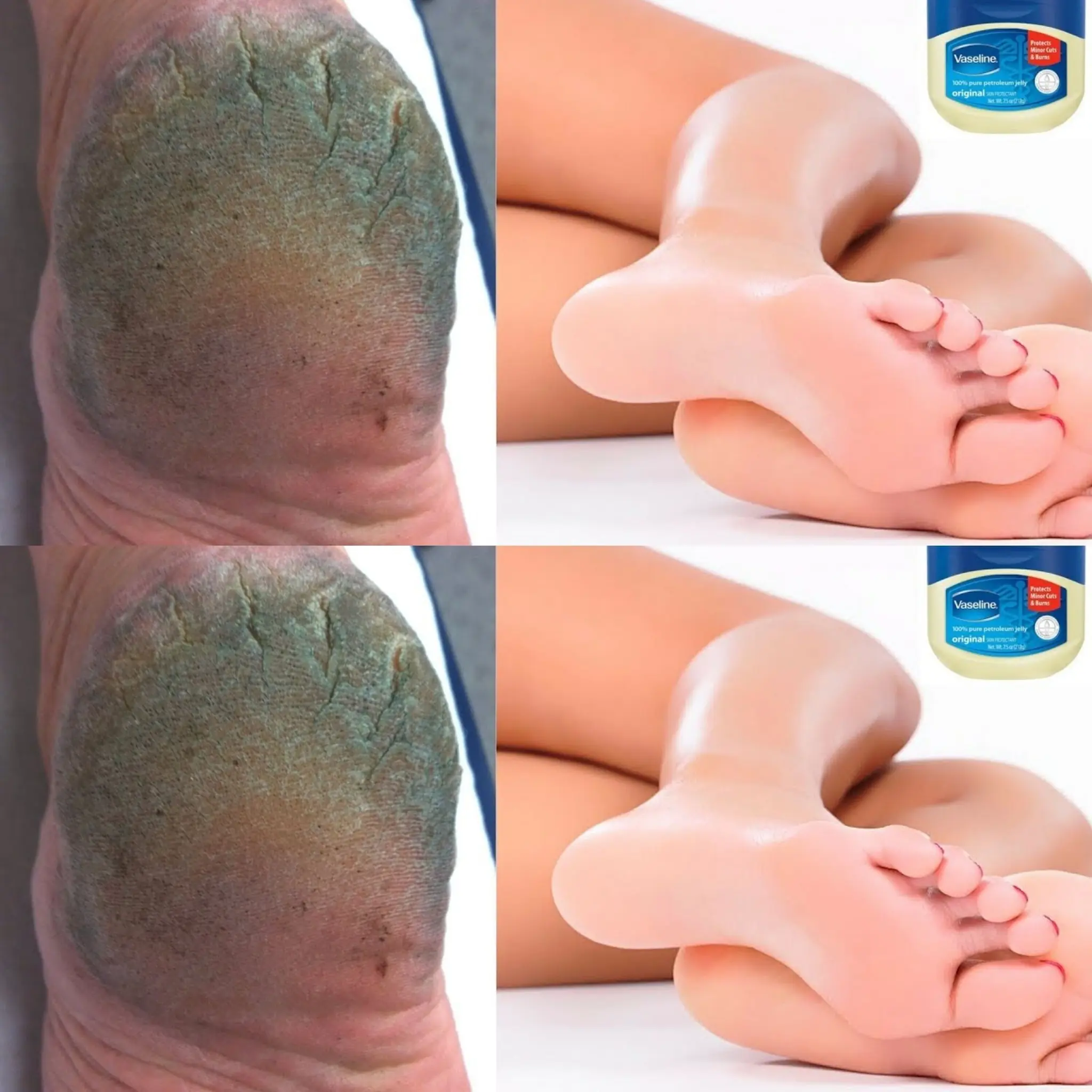
DO THIS SIMPLE HOME REMEDY WITH VASELINE TO GET RID OF CRACKED HEELS IN 3 DAYS! 🧴🦶
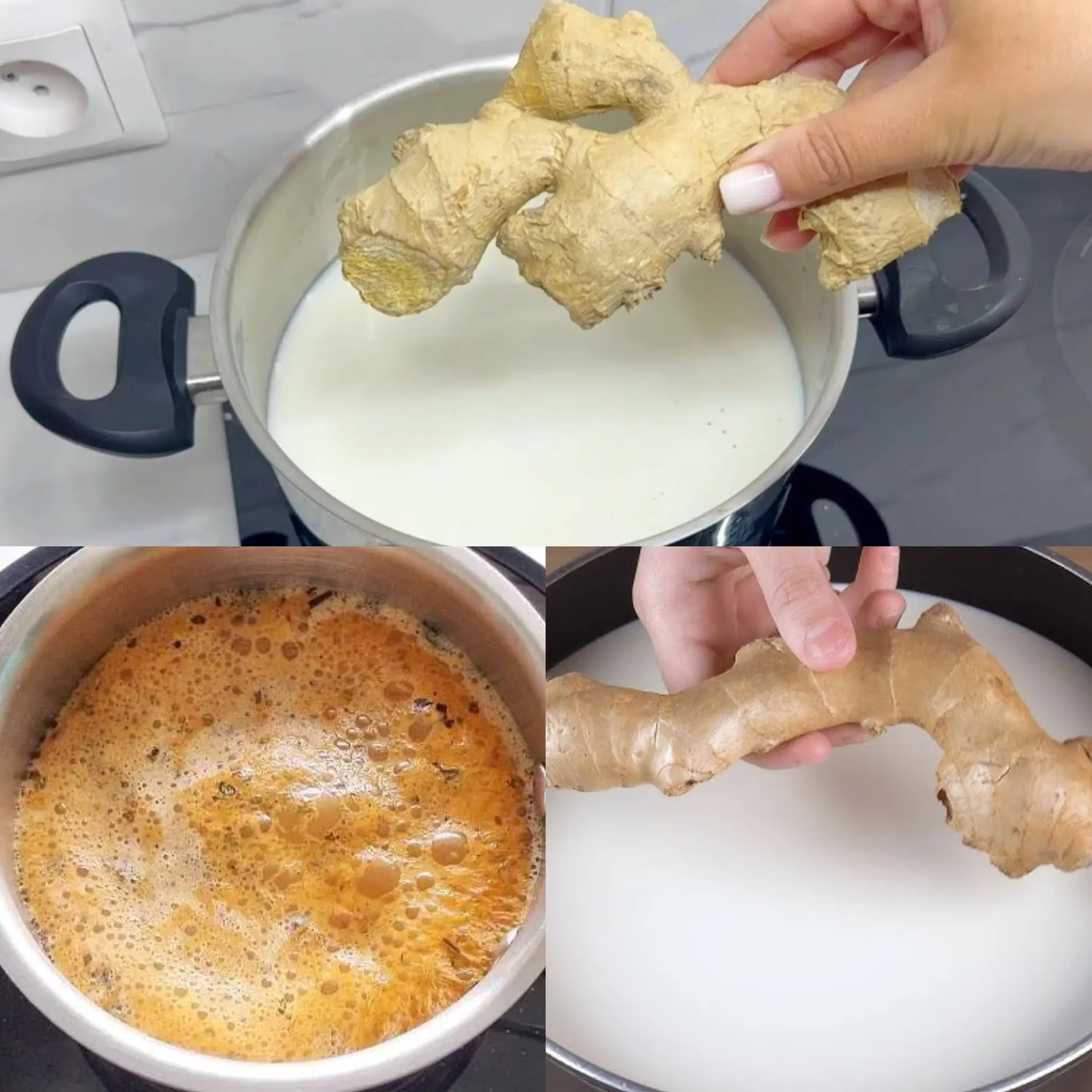
Just Add Ginger Root to Boiling Milk – You’ll Be Thrilled! 🥛🌿
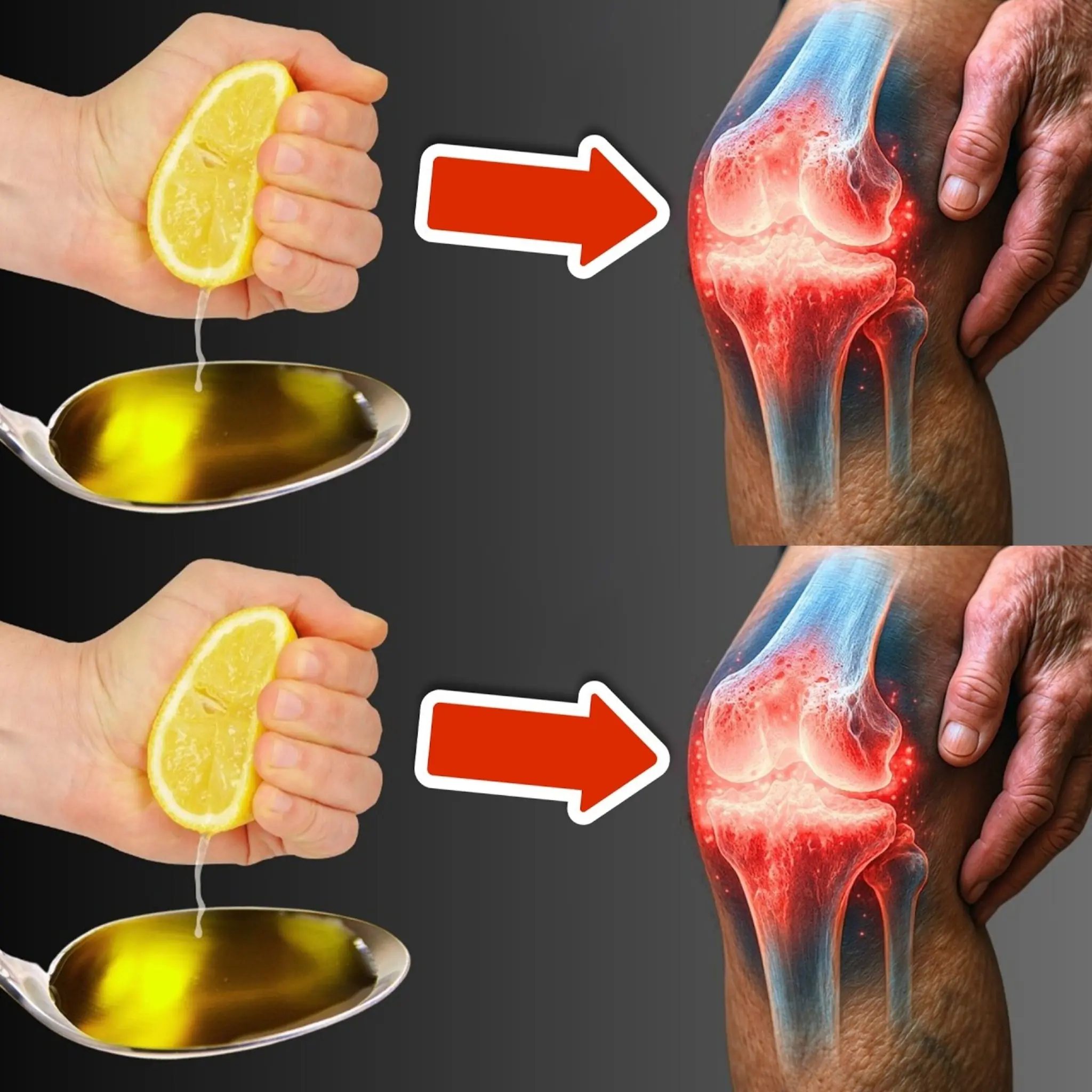
The (Unfortunately Secret) Remedy to Rebuild Knee Cartilage 💥 Incredibly Fast with Lemon & Olive Oil 🤯

Mix Vaseline with Soap and You’ll Be Shocked! If Only I Knew This Earlier! 🧼✨

Yeast Face Mask: A Natural Secret for Smoother, Radiant Skin
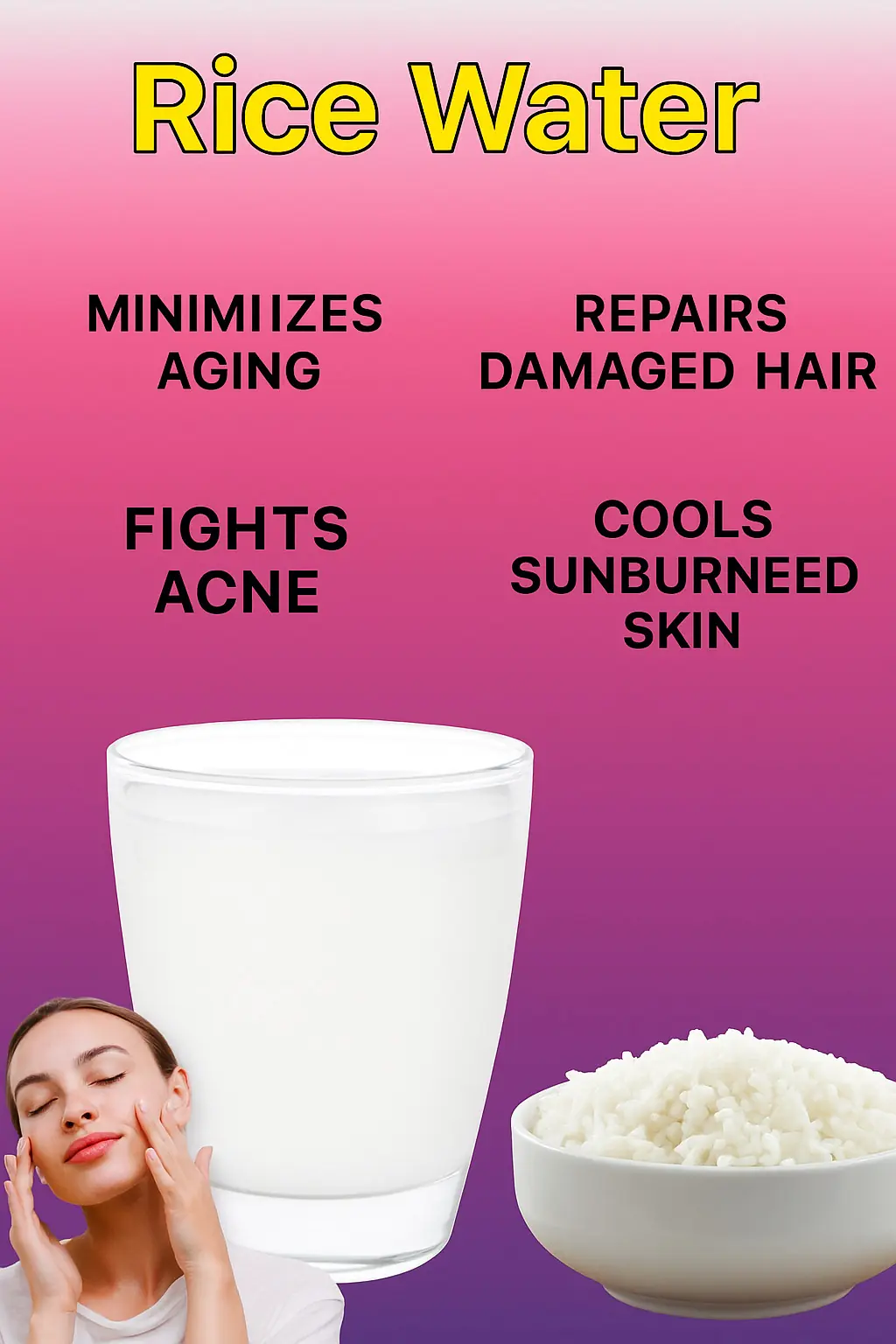
Homemade Rice Water: The Natural Tonic Your Skin (and Hair) Will Love ✨

Tourist who was trapped 1,600ft down active volcano for days tragically dies before rescuers get to her

The Ultimate Green Juice for Weight Loss
